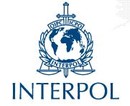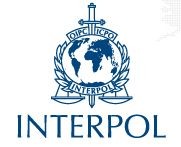Description
INTERPOL’s Project Eden, targeting the illegal trade and disposal of waste, has been officially launched during the INTERPOL Environmental Compliance and Enforcement events in Kenya.
Through Project Eden, INTERPOL aims to raise the profile of this transnational crime which in addition to threatening the quality of the global environment and posing a significant risk to human health, also undermines international conventions, undercuts legitimate treatment facilities and causes economic harm due to the loss of recoverable raw materials.
The need to address crime trends threatening the quality of the environment including electronic waste and other waste streams, such as tyres and used batteries, were key issues during the 18th INTERPOL Pollution Crime Working Group meeting earlier this week also in Nairobi which brought together nearly 70 participants from 35 countries.
Under Project Eden, INTERPOL will develop its work in building law enforcement capacity to detect illegal shipments and dumping sites, and promote information sharing and intelligence-led enforcement to help identify and disrupt the criminal networks behind illicit trafficking in waste.
“The impact of pollution caused by the dumping and mishandling of waste is global, affecting the quality of our air, water and soil,” said Cees van Duijn, a Specialized Officer with INTERPOL’s Environmental Security Unit.
“Through Project Eden INTERPOL will support its member countries in their efforts to implement national legislation and regulate the international movement of waste to ensure healthier local environments and help protect the overall integrity of our environment worldwide,” added Mr Van Duijn.
With the recent launch of the Countering WEEE Illegal Trade (CWIT) Project, INTERPOL and its partners will conduct extensive research into the illegal e-waste market in Europe and provide technical and policy recommendations.
A number of operations targeting specific waste streams – including electronic waste between Europe and Africa and hazardous waste between the United States and Canada – have already been coordinated by INTERPOL.
Source:

